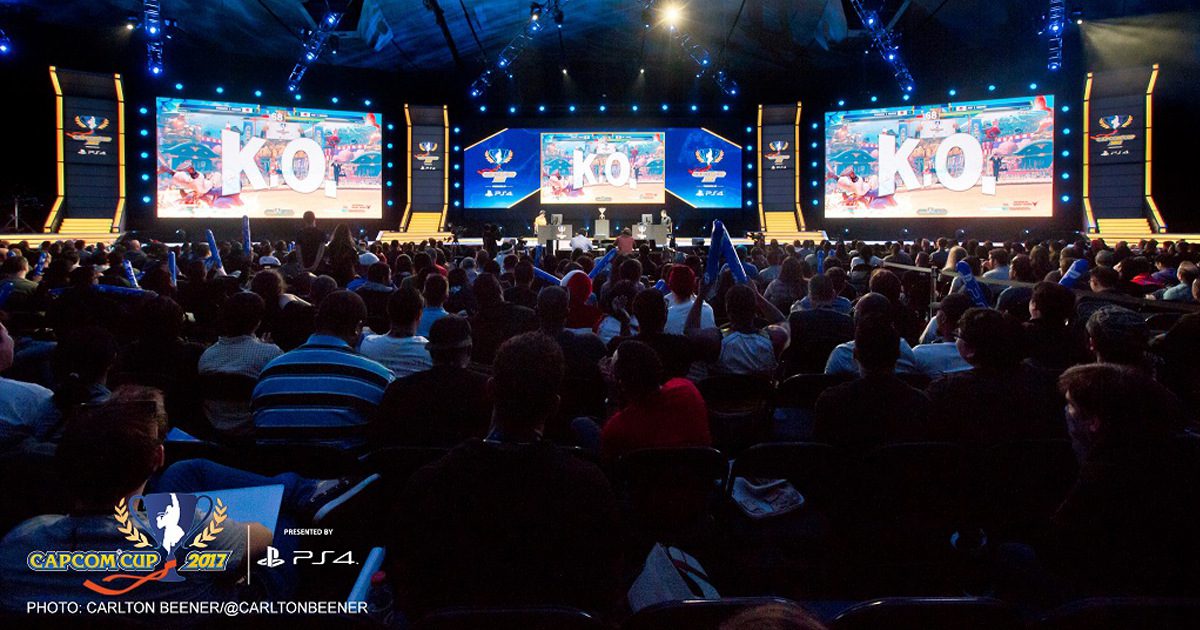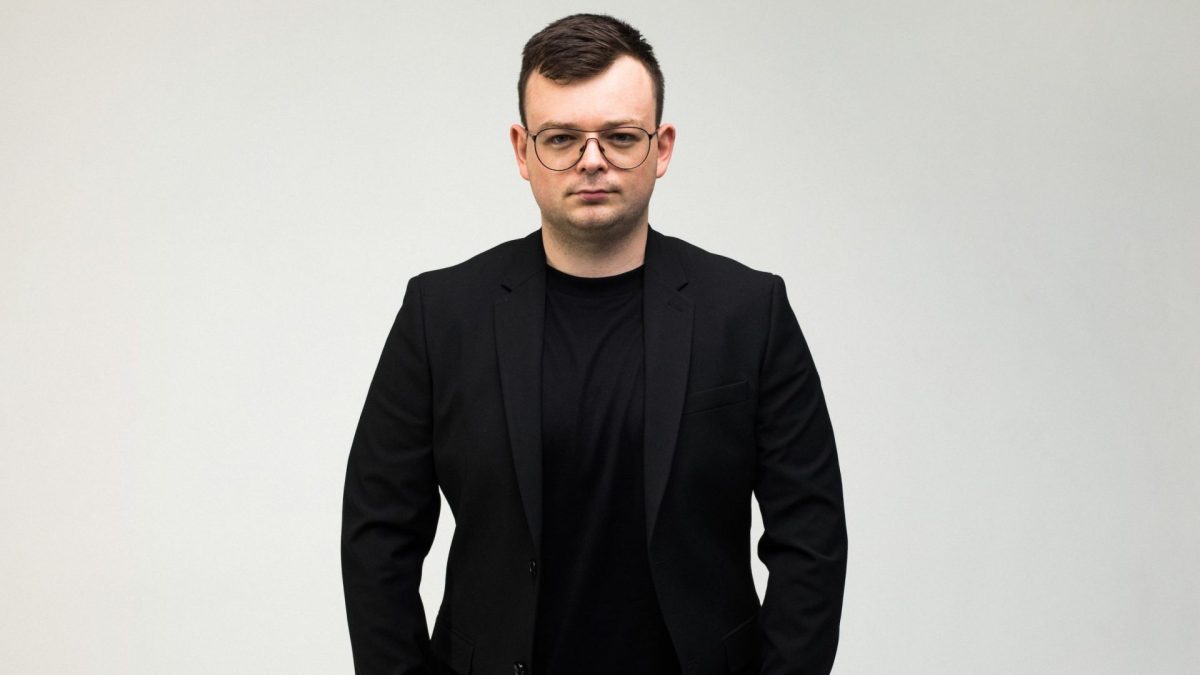Esports events have steadily grown over the past few years, with global revenues growing to more than $1 billion and viewership cresting at more than 443 million in 2019. It’s no wonder, then, that the Japanese government is looking at esports as a new way to boost its economy. At least, that’s according to sources close to the Japan Times.
The Japanese government hopes to generate $2.6 billion a year by 2025. The Ministry of Economy, Trade, and Industry intends to work with companies and legal experts to promote Japan’s growing esports industry. To do so, they will look to leverage the private sector to boost local economies and increase participation from people with disabilities. The Ministry also wants to create guidelines to promote and organize large tournaments and events.
Japan’s esports market broken down
The Ministry expects to make the yearly goal of $2.6 billion from physical and digital tickets, advertising, and tournament hosting. According to marketing research and news service company BCN Inc., Japan’s esports market is growing.
In 2019 Japan’s esports revenue was more than $56 million, and it is expected to grow to $141 million by 2023. BCN Inc. expects 5G telecommunication services and more game developers to get into the market to fuel this growth.
Historically, Japan’s gaming market has focused on single-player and mobile experiences. In 2018, there were an estimated 67.6 million players in Japan, making it the third-largest market in the world. 73% of those polled played mobile games, with a smaller 45% regularly playing console games. Street Fighter was the most-watched franchise for esports at the time. With mobile gaming being such a dominating force in the industry, though, esports has had a tough time gaining traction in the region.
The impact of JeSU on players
The Japan Esports Union (JeSU) is looking to change how esports are viewed in the nation. Claiming to help players circumnavigate restrictive laws, JeSU provides licenses for gamers so they can be listed as pro-players. These licenses allow players to earn more than the $895 prize pool cap put into place by anti-gambling laws.
The licenses are not a solution to the situation, and not everyone is happy with the JeSU. In late 2019, Street Fighter V champion and JeSU critic Yusuke Momochi gave up a ¥5 million prize pool because he refused to become a licensed player. This criticism of JeSU is shared by many who believe that one organization should not have control over who is considered a pro.
Complicating the issue further is the fact that Japan’s Consumer Affairs Agency stated that monetary awards from a tournament are not subject to anti-gambling laws. In a Yahoo! Japan report from 2019, the Agency classified these winnings as goods and services paid as work compensation, meaning that the earnings would be considered a salary. By doing so, the Agency stated that JeSU’s licensing and classification restrictions are unnecessary. Despite this, JeSU continues to operate as if the licenses are necessary to receive winnings and will withhold compensation to those who are not licensed.
This has not stopped other organizations from hosting their own gaming events, however. Local organizations, like the nonprofit Saitama City Citizens Social Network, have worked to organize esports events to improve cognitive health. The social network claims to be the first of its kind in the world. Other organizations are providing esports tournaments specifically for people with disabilities, utilizing specialized controllers according to individual needs.
Given the explosive growth of the esports market, it should be no surprise that the Japanese government would look to expand the market. As the world of esports grows and tournaments draw larger crowds, Japan hopes to capitalize on that market.
For all your news on the growing esports domination, make sure to follow Daily Esports.












Published: Mar 31, 2020 04:02 pm